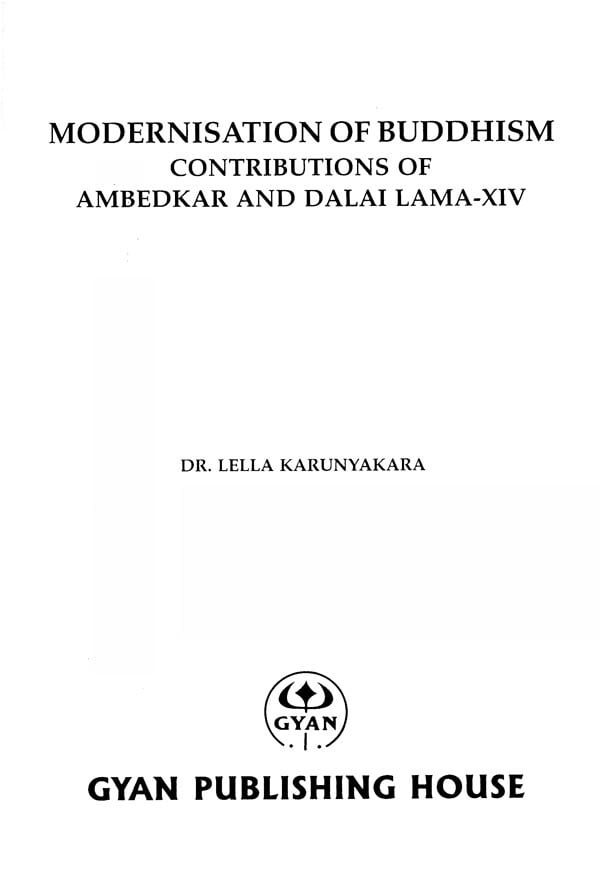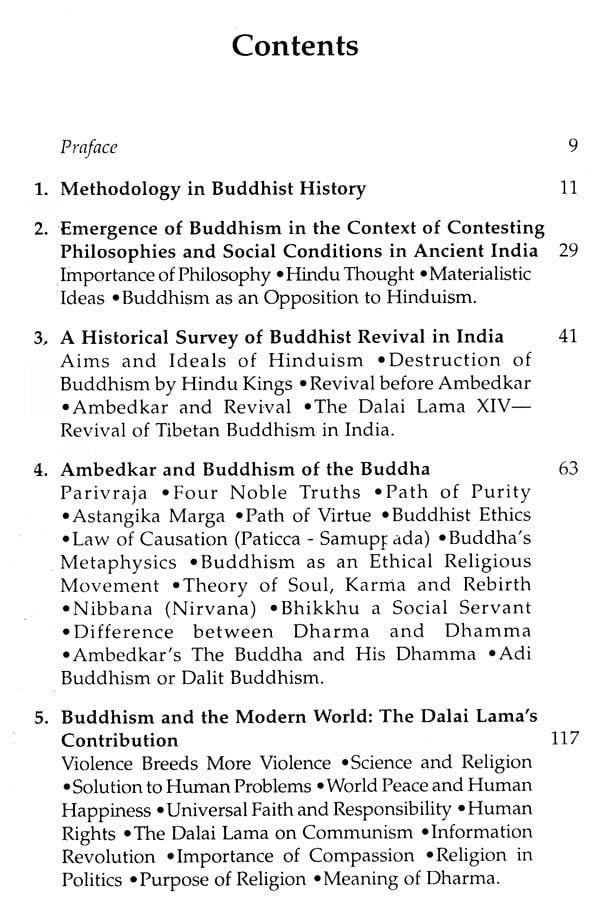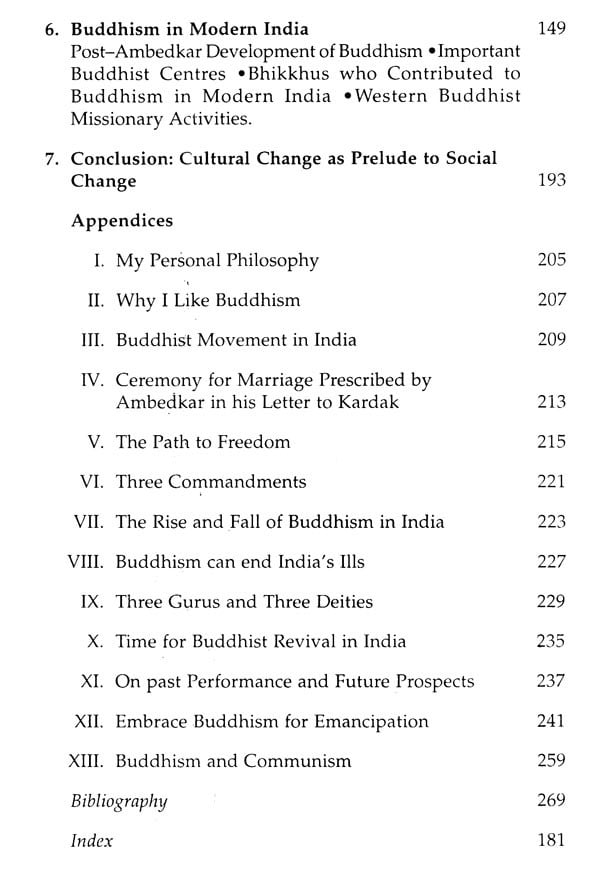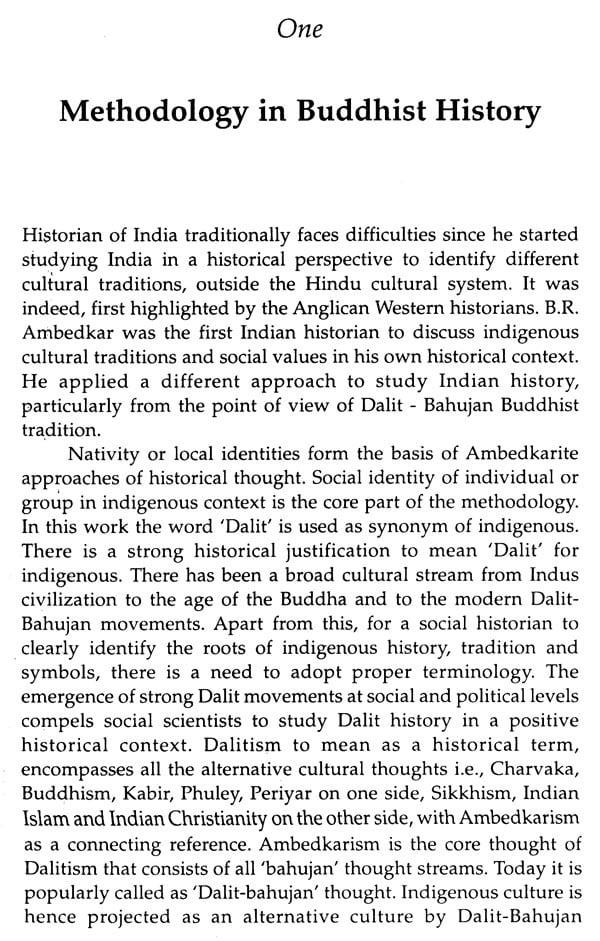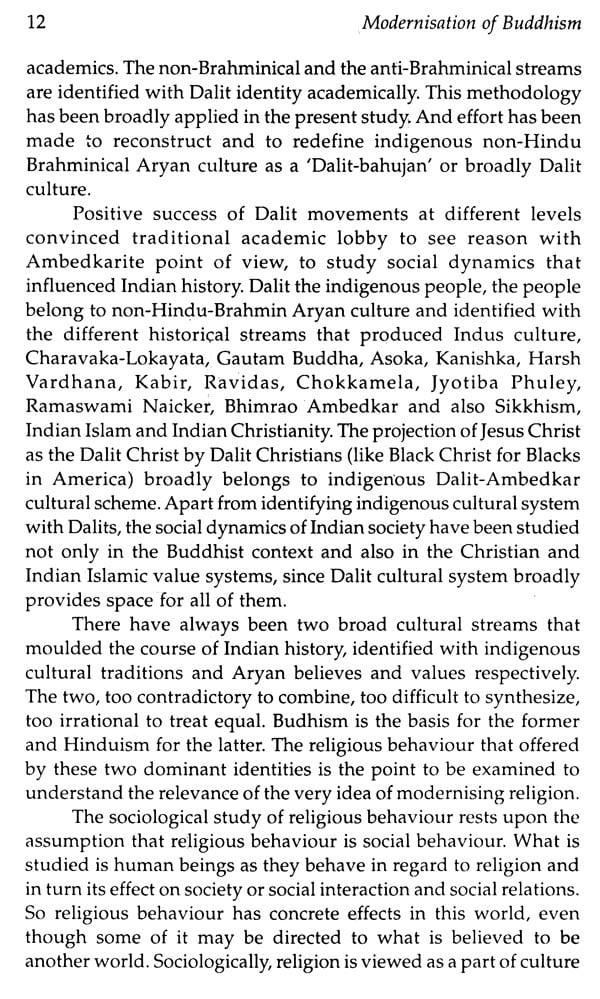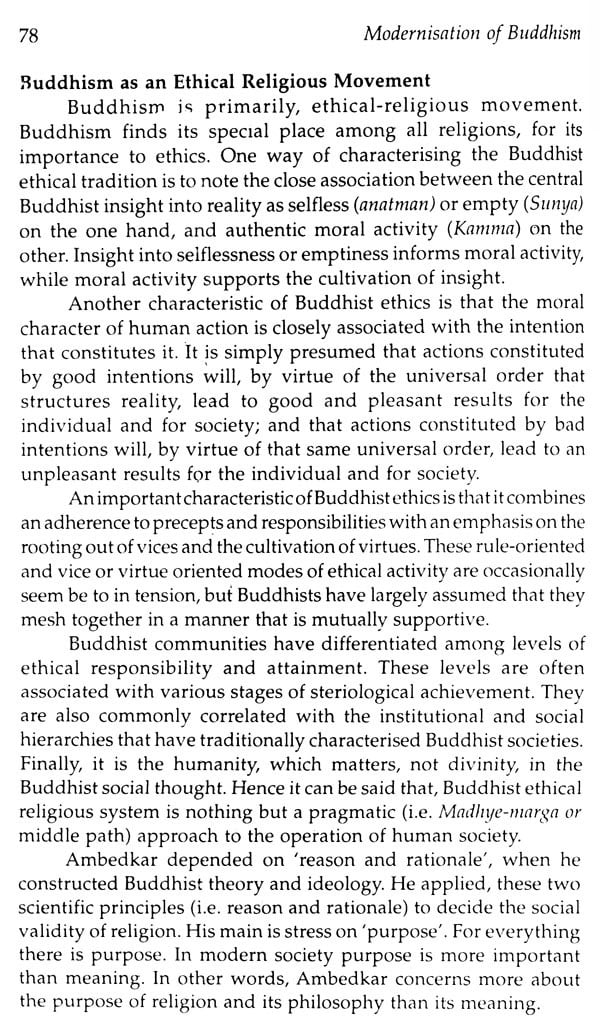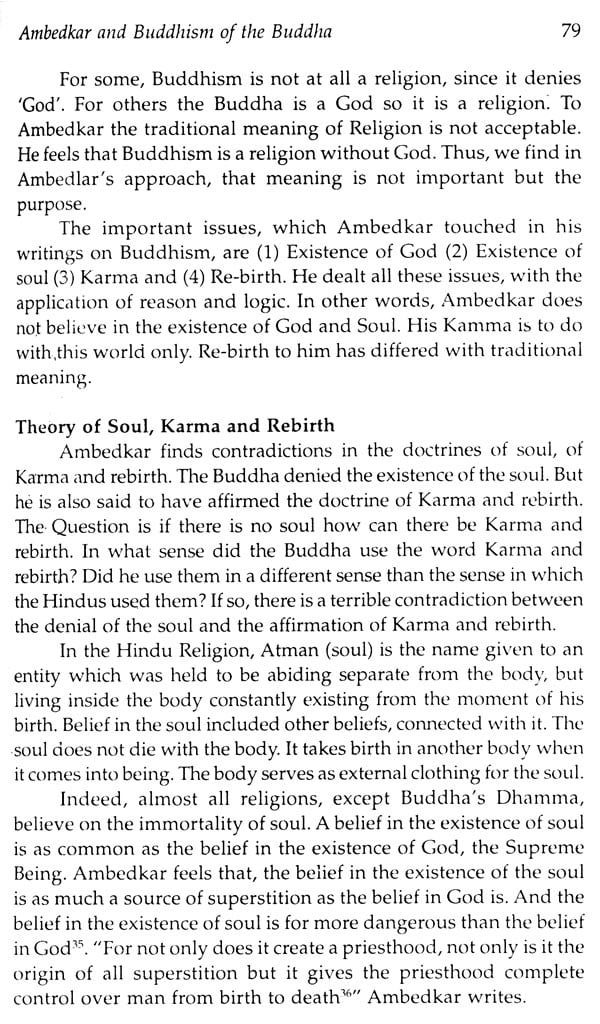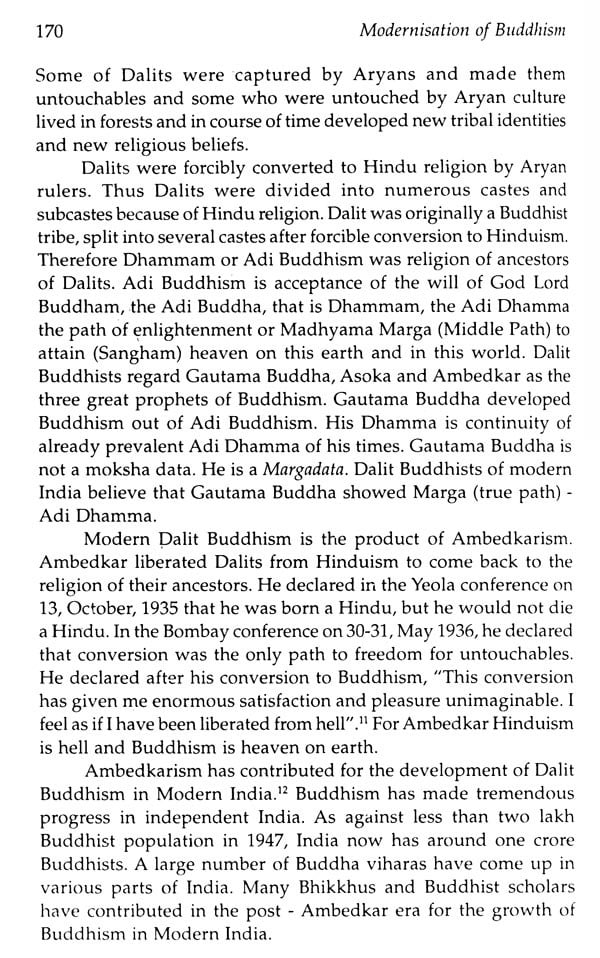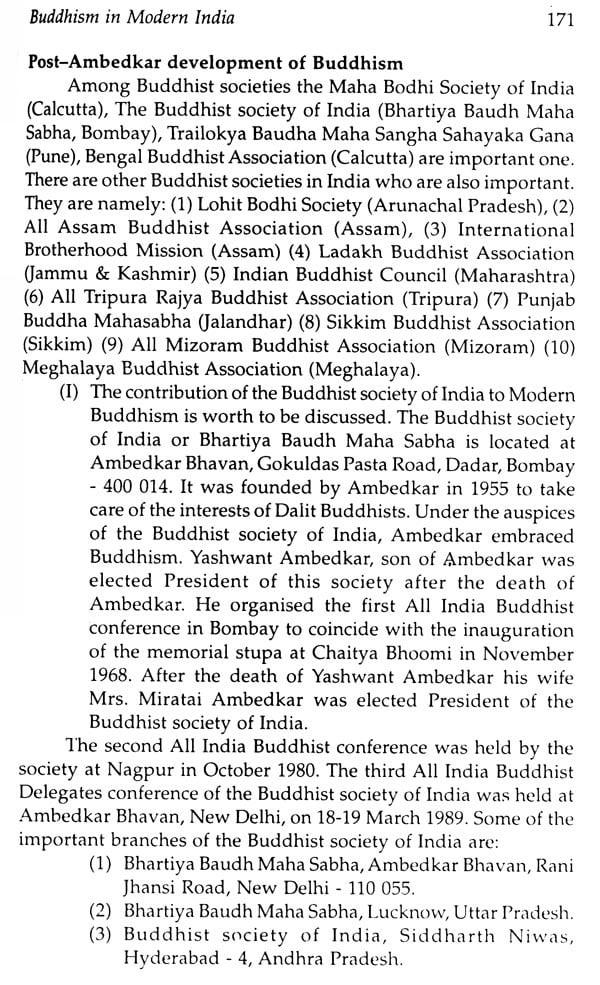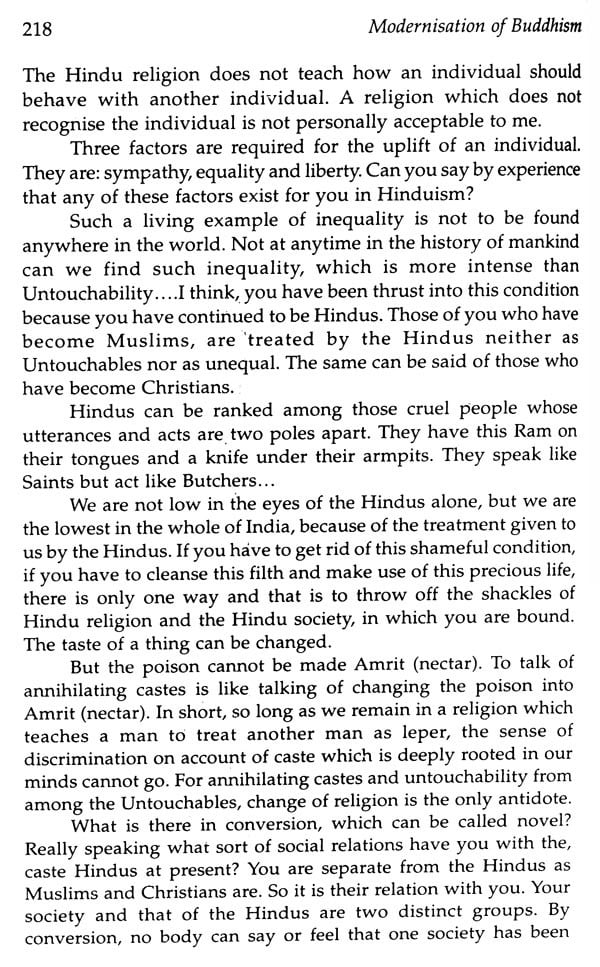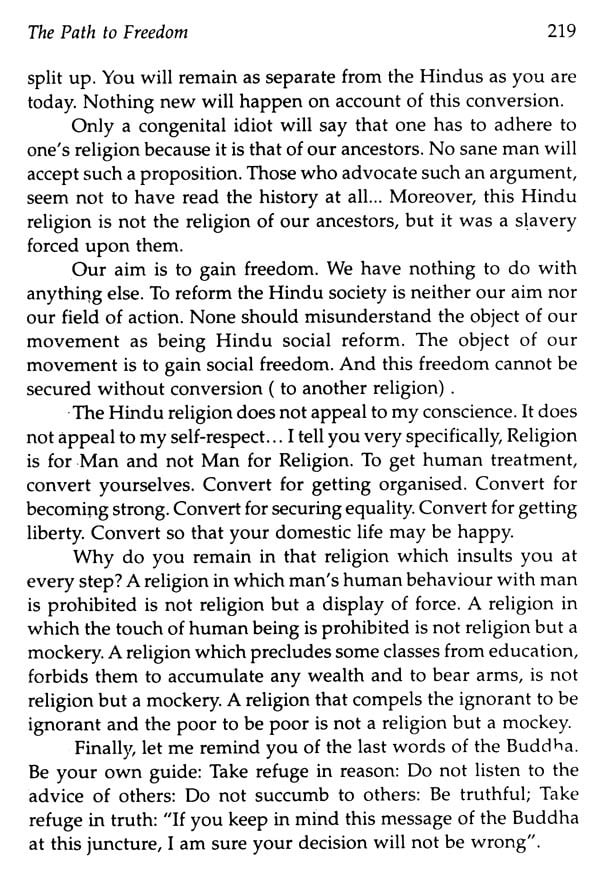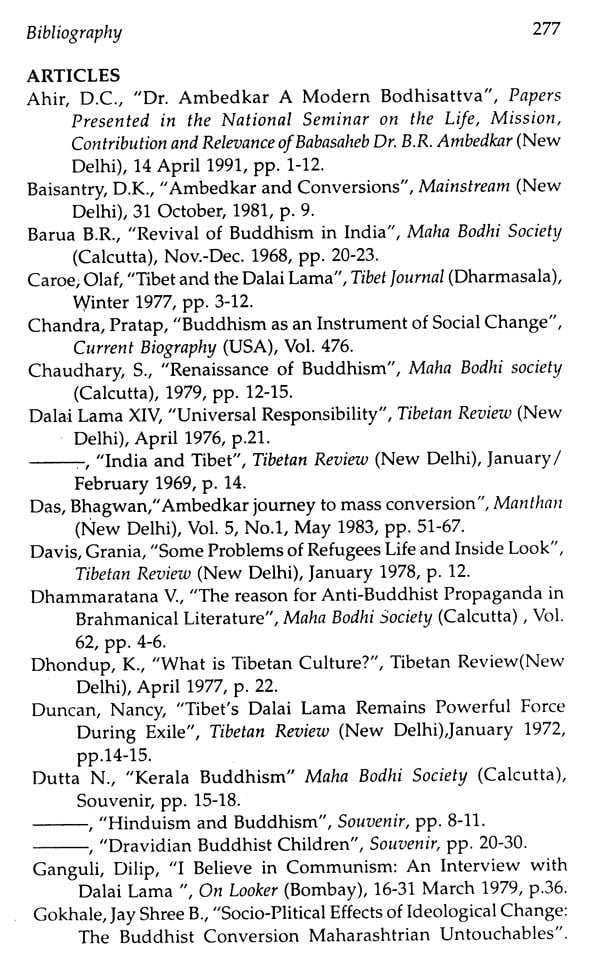About the Book The emergence of Buddhism in 6th B.C. was the first social revolution in the history of India. The conversion of Ambedkar to Buddhism on 14 October 1956 was the revival of those revolutionary ideals. The presence of the Dalai Lama XIV in the land of the Buddha symbolizes with the continuity of revolutionary ideals propounded by Gautama Buddha. Equality, Social Justice and Democracy are the three principles, with which the whole revival movement initiated by Ambedkar and Dalai Lama XIV, associated.
It is a study on the continuity of the revival legacy of Ambedkar and the Dalai Lama XIV. Modernisation of Buddhism as a religion and philosophy is the precondition for the Historical inquiry has been made in the present study to understand the prerequisites for the revival of Buddhism. Modernisation has been identified as the first and foremost prerequisite for the purpose. The present work is based on interdisciplinary approach for identifying the content and nature of the modernization process occurred in Buddhism. The study rightly identified the features of post modernism in the understanding of Ambedkar and Dalai Lama about Buddhism. Post modern roots are the result of modernizing the tradition. The tradition of Buddhism have been modernized by Ambedkar and Dalai Lama XIV which in turn resulted in producing synthesis called post-modern understanding of Buddhism, i.e., Dalit Buddhism or Adi Buddhism. The study touched the fringes of post-modern understanding of Buddhism, however, left it for further research. The present study mainly deals with the contribution of Ambedkar and Dalai Lama XIV to modernise the Buddhist tradition.
About the Author Dr. Lella Karunyakara, specializes in History of Modern Buddhism, Ambedkar Thought on History and History of Dalits. He did his M.Phil. and Ph.D. from Jawahar Lal Nehru University. He was known as L. Kenadi, later embracing Buddhism he has changed to the present name. The author has been converted to Buddhism on 12, November, 1999 by Ven. G. Prajnananda Maha Thera a Sri Lankan Monk who also involved in the conversion of Babasaheb Ambedkar to Buddhism on the historic Nagpur Deeksha ceremony.
The author is Ambedkarite to the core and founder of the 'Dalit Bauddha Sangham' with the aim of propagating Buddhism among Dalits. He attended national and international seminars on Buddhism. He has been engaged in writing articles on social and religious issues in historical perspective. He has a published work to his credit entitled "Revival of Buddhism in Modern India: The Role of B.R. Ambedkar and Dalai Lama XIV". He was associated with the Dalit movements like National campaign for Dalit Human Rights and Dalit literary activities like Dalit History Congress, Delhi.
Preface The Modern History of Buddhism is the history of Revival of Buddhism. The most important factor which has been instrumental for the revival of Buddhism is modernization of this religion. Modernisation is a continuous process. So the revival of Buddhism continues. Modernisation is a social paradigm, which represents social attitudes or programmes dedicated to supporting what is perceived as modern. Modernisation is a kind of change, and certainly positive change. It is a social change because it brings change in the social attitudes of the people. Social attitudes are largely influenced by religion. To bring change in the social attitudes of the people, religious philosophy must involve the people in social programmes which in turn brings change in the social system. Thus there is a need to modernise religion with such a social programme and social philosophy that could compel to face with contemporary problems of the society. Modernisation of Buddhism involves newer interpretations of the Dhamma of the Buddha to suit the needs and to face challenges posed by the modern society. Change in the religious values and beliefs is an outcome of the new interpretations of the religious philosophy from the point of view of the necessities of contemporary society or social groups. The religious values and beliefs are generally based on the social philosophy of religious system. If a religious philosophy is interpreted in accordance with the needs of particular social groups or society in general, the religion itself gets involved in the process of modernization. This is the basic source for the survival of any religion in the changing situations to withstand newer challenges. Ambedkar and the Dalai Lama XIV contributed to the modernization of Buddhism on the lines mentioned above. The purpose of modernization of Buddhism for them is to establish the society of justice, equality and democratic.
**Contents and Sample Pages**
